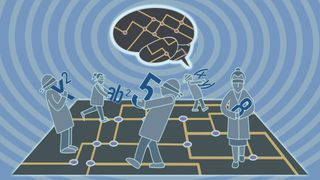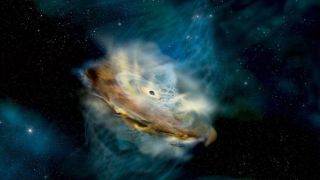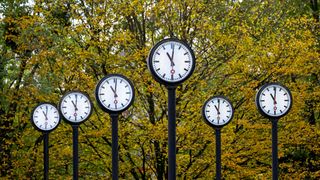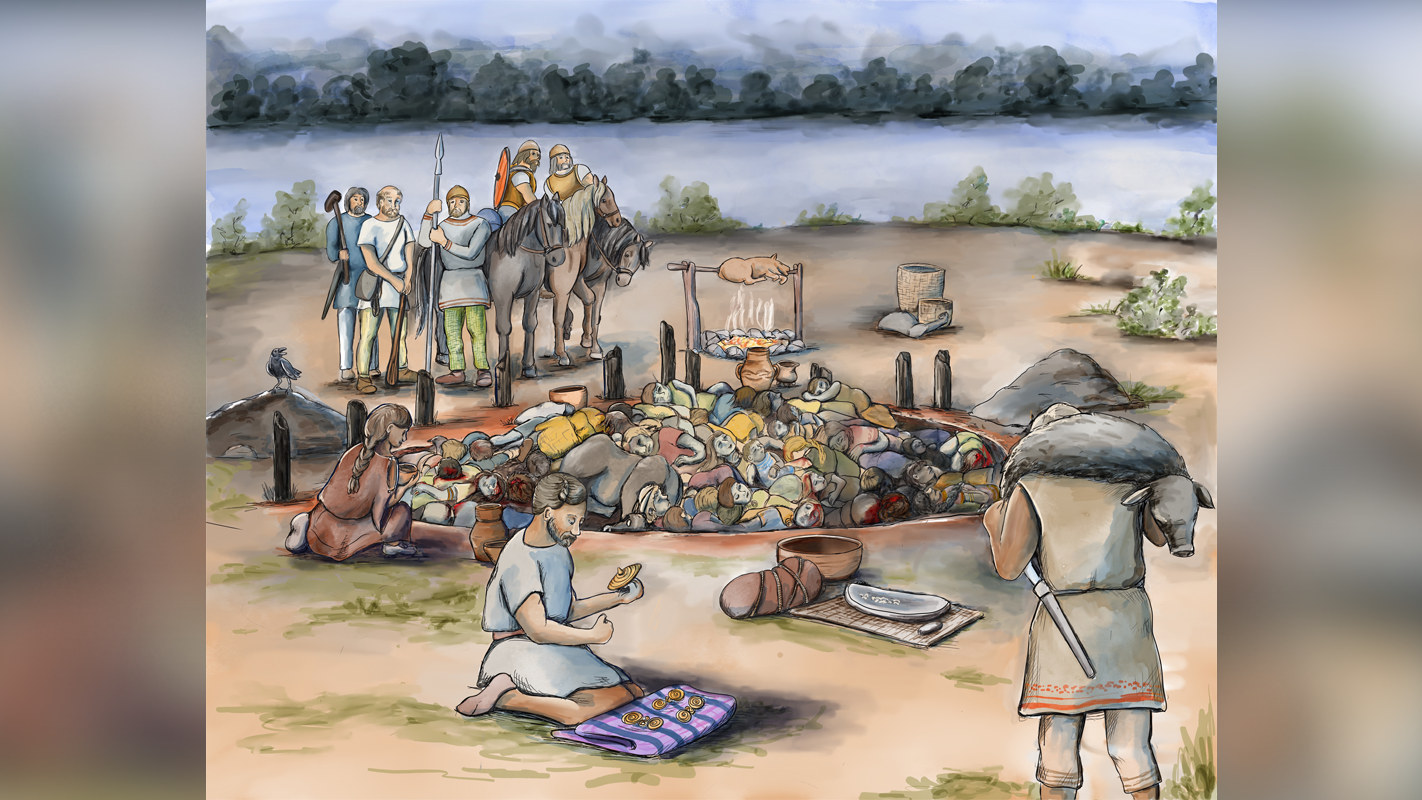Physics & mathematics news, features and articles
Explore Physics & Mathematics
Editor's Picks
Latest about Physics & Mathematics
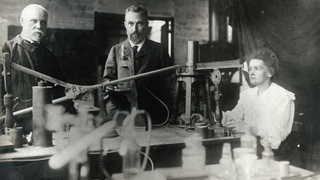
Science history: Marie Curie discovers a strange radioactive substance that would eventually kill her — Dec. 26, 1898
By Tia Ghose published
Scientists in Paris discovered two new substances with incredible radioactivity. It earned them the Nobel Prize in Physics but would ultimately kill one of them.
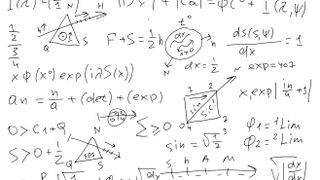
Crack these scientific numbers and constants and top the leaderboard
By Alexander McNamara published
Guess the number quiz Do you know your mathematical equations from your scientific constants? If you know your numbers then try our daily quiz.
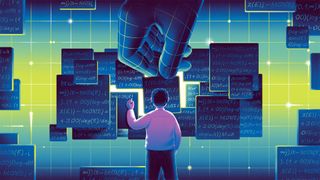
AI is solving 'impossible' math problems. Can it best the world's top mathematicians?
By Kit Yates published
AI is making gains in solving pure math problems. Can it crack the hardest problems in mathematics?
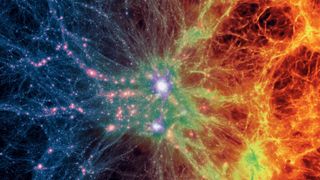
Historic search for 'huge missing piece' of the universe reveals new secrets of particle physics
By Elizabeth Howell published
Scientists hunted dark matter and solar neutrinos with one of the largest experiments yet. While the neutrinos likely appeared, dark matter results couldn't be confirmed.

What was the loudest sound ever recorded?
By Clarissa Brincat published
Determining the "loudest recorded sound" depends on how you define sound and on which measurements you choose to include.

Law of 'maximal randomness' explains how broken objects shatter in the most annoying way possible
By Skyler Ware published
A new mathematical equation describes the distribution of different fragment sizes when an object breaks. Remarkably, the distribution is the same for everything from bubbles to spaghetti.
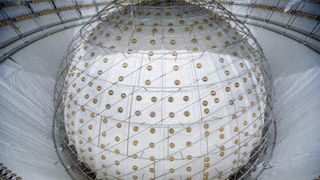
World's largest neutrino detector starts up — with incredible results
By Rory Harris last updated
Deep underground in southern China, there is a 20,000-ton tank of liquid that can detect neutrinos. Named JUNO, the detector's first results are in — and they're very promising.

For the first time, physicists peer inside the nucleus of a molecule using electrons as a probe
By Larissa G. Capella published
A novel experiment has revealed a phenomenon called the Bohr–Weisskopf effect in a pear-shaped nucleus in a molecule for the first time.
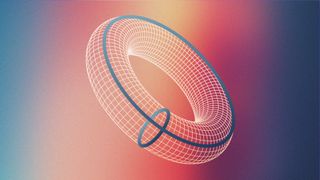
Science history: Russian mathematician quietly publishes paper — and solves one of the most famous unsolved conjectures in mathematics — Nov. 11, 2002
By Tia Ghose published
Mathematician Grigori Perelman solved the Poincaré conjecture, and then rejected the $1 million prize that came with it.
Get the world’s most fascinating discoveries delivered straight to your inbox.
 Live Science Plus
Live Science Plus










